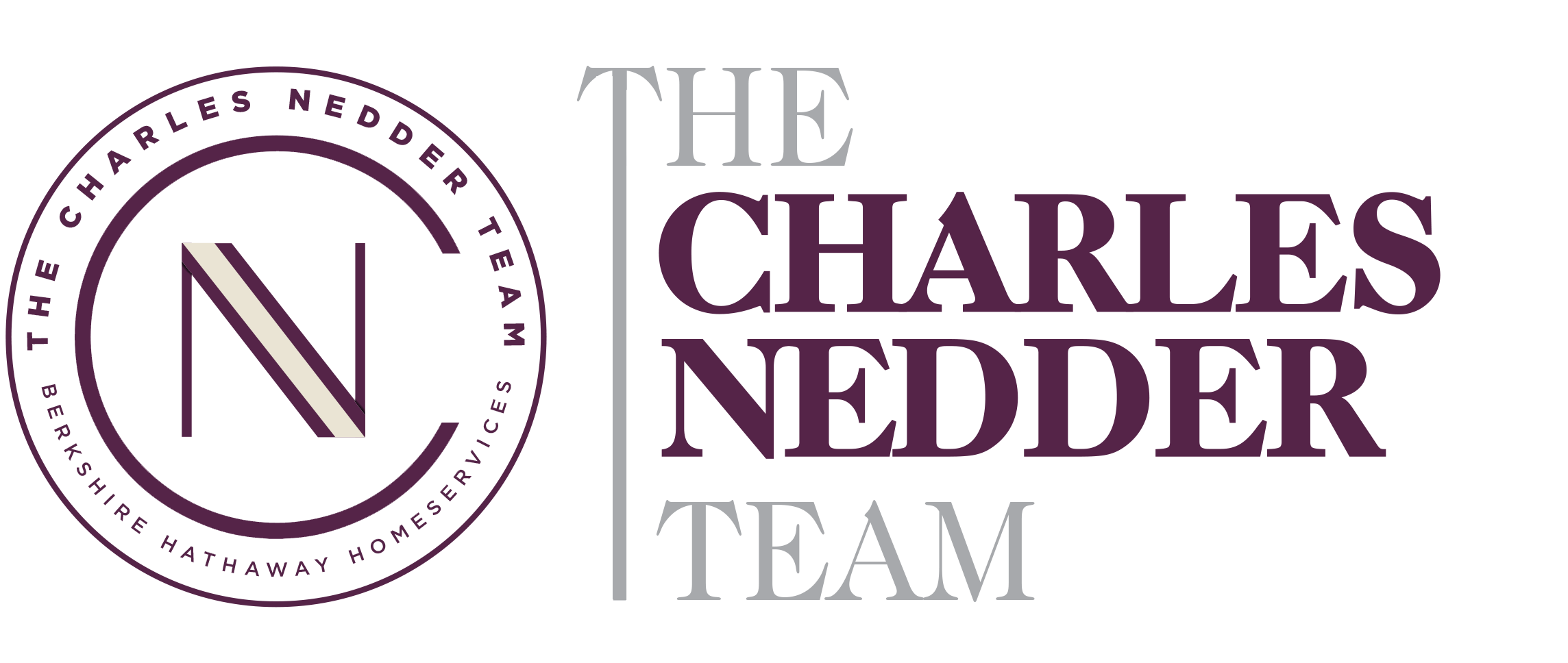Maximize Your Home Sale in NY and CT: Top Pricing Tips
.jpg?w=128&h=128)
Charles Nedder
Consistently ranked as a top producer, Charles Nedder is well-resourced, enthusiastic, and devoted to serving the needs of his clients...
Consistently ranked as a top producer, Charles Nedder is well-resourced, enthusiastic, and devoted to serving the needs of his clients...
The Importance of Pricing Your Home Correctly
Whether you're nestled in the bustling streets of New York City or enjoying the tranquil landscapes of Connecticut, correctly pricing your home from the beginning is pivotal. This isn't just about setting a price; it's about strategically positioning your property within the local real estate market to attract the ideal buyers and optimize your profits. In this guide, we'll explore three proven pricing strategies that can significantly influence your home selling journey within these diverse regions.
1. Comparative Market Analysis (CMA)
In both the vibrant neighborhoods of New York and the charming towns of Connecticut, a Comparative Market Analysis (CMA) serves as an essential tool. This detailed examination of homes recently sold in your vicinity, matching in size, location, and condition, aims to pinpoint a competitive and realistic price range for your property, grounded in current market dynamics and comparable sales data.
Pros:
- Accuracy: Leveraging recent sales data allows for a precise estimation of your home's fair market value, crucial in markets as varied as NYC's urban landscape and Connecticut's quieter locales.
- Competitive Edge: Aligning your pricing with similar, recently sold properties enhances your appeal to serious buyers, potentially initiating a bidding war, especially in competitive sectors like NYC's condos or Connecticut's waterfront homes.
- Confidence: A professionally conducted CMA provides both sellers and buyers with a sense of trust and clarity in the pricing process, an invaluable factor in both Connecticut and New York's diverse real estate landscapes.
Cons:
- Limited Scope: CMAs may overlook unique characteristics or sudden market shifts that could affect your home’s value, a frequent occurrence in rapidly evolving areas.
- Subjectivity: Varied interpretations of data among real estate professionals can lead to differing pricing recommendations, especially where local market knowledge plays a crucial role.
- Market Changes: The fast-paced nature of certain segments, especially in NYC, means CMAs must be regularly updated to stay relevant.
2. Pricing Below Market Value for a Quick Sale
This strategy involves setting your home's price slightly under its market value to draw a broader spectrum of buyers, generate early offers, and create a sense of urgency and value. This approach can be particularly effective in hot markets like New York City where the demand often outstrips supply, or in Connecticut, where buyers might be looking for more value for their investment.
Pros:
- Increased Interest: A lower price can capture the attention of bargain-seeking buyers, leading to more viewings and inquiries, an essential tactic in competitive markets.
- Faster Sale: Presenting your home as an attractive deal can quicken the selling process, limiting the period your property stays on the market, a crucial advantage in both fast-moving and slower, seasonal markets.
- Potential for Multiple Offers: The competitive pricing strategy might spark a bidding frenzy, possibly increasing the final sale price, particularly in sought-after areas.
Cons:
- Risk of Undervaluing: Setting the price too low might result in lost revenue if the property sells immediately without a competitive bidding process, a significant risk in areas with high property values.
- Perception of Issues: Buyers might suspect problems with a property listed below market value, potentially affecting its attractiveness.
- Perceived Desperation: A lower than expected price may signal to buyers that the seller is eager to sell, possibly weakening your negotiation position.
3. Pricing Higher to Leave Room for Negotiation
Setting your listing price above its estimated market value, intending to negotiate down to a satisfactory price with buyers, can create an aura of value and flexibility. This strategy might suit sellers in New York's luxury segments or Connecticut's exclusive communities, where buyers are predisposed to negotiate for unique or high-end properties.
Pros:
- Perceived Value: A higher asking price can convey luxury and exclusivity, attracting affluent purchasers, especially relevant in New York’s upscale market or Connecticut’s premier neighborhoods.
- Negotiation Flexibility: Pricing above the market allows you to accommodate buyer preferences without compromising your bottom line, a beneficial strategy in markets where buyers expect some bargaining.
- Mitigated Risk: An elevated starting price can safeguard against unpredictable market shifts or unforeseen expenses, offering a safety net in both rapidly changing and more stable markets.
Cons:
- Limited Buyer Pool: Exorbitantly priced homes may alienate potential buyers, particularly in market segments sensitive to price fluctuations.
- Extended Time on Market: Properties listed too high risk becoming stale, reducing buyer interest over time, a crucial factor to consider in dynamic markets like NYC.
- Appraisal Challenges: Transactions can falter if the home’s negotiated price significantly surpasses its appraised value, a common hiccup in financing deals, especially for higher-priced properties.
Choosing the correct pricing strategy for your home in New York or Connecticut involves a nuanced understanding of local market conditions, property features, and your selling objectives. Whether employing a Comparative Market Analysis, pricing for a swift sale, or aiming for room to negotiate, each approach has its strengths and pitfalls. By aligning with an experienced real estate professional knowledgeable about these distinct markets, you can maneuver these strategies with confidence, ensuring a successful and profitable home sale.
Considering selling your home in New York or Connecticut? Connect with us, and our expert team will guide you on the most suitable strategy for your property, optimizing your chances for a swift and profitable sale.
Thinking about selling your home?
Get in touch. We'll guide you through every step of the process to ensure a smooth transaction that meets your goals.
.png)

.png)
